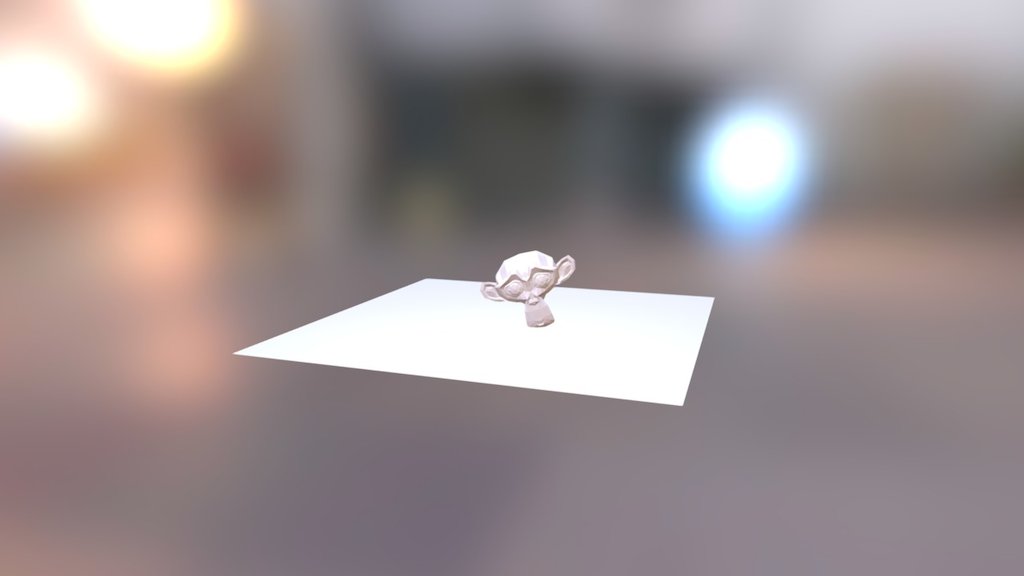
Apina
sketchfab
The human body is a complex system of organs and tissues that work together to maintain overall health. The brain is responsible for controlling many bodily functions, including movement, sensation, perception, and cognition. It also plays a crucial role in regulating emotions and maintaining psychological well-being. The nervous system consists of two main parts: the central nervous system (CNS) and the peripheral nervous system (PNS). The CNS includes the brain and spinal cord, while the PNS is made up of nerves that connect the CNS to the rest of the body. These nerves transmit signals between different parts of the body, allowing for communication and coordination. The cardiovascular system is responsible for transporting oxygen and nutrients throughout the body. It consists of the heart, blood vessels, and blood. The heart pumps blood through the arteries, which then branch into smaller arterioles and eventually capillaries. Oxygen and nutrients are exchanged with the cells in the capillaries before being transported back to the heart via the veins. The respiratory system is responsible for bringing oxygen into the body and removing carbon dioxide. It consists of the lungs, trachea, bronchi, and diaphragm. When we breathe in, air enters the nostrils or mouth and passes through the throat, where it then enters the lungs. The lungs expand to take in more air, which is then exchanged with oxygen and carbon dioxide. The digestive system breaks down food into nutrients that can be absorbed by the body. It consists of the mouth, esophagus, stomach, small intestine, and large intestine. Food is swallowed and passes through the esophagus into the stomach, where it is mixed with acids and enzymes to break down proteins and carbohydrates. The resulting mixture then enters the small intestine, where nutrients are absorbed into the bloodstream. The immune system protects the body from pathogens and disease-causing organisms. It consists of various cells, tissues, and organs that work together to defend the body against infection. When a pathogen enters the body, the immune system recognizes it as foreign and activates an immune response to fight it off. Overall, the human body is a highly complex system that relies on the coordination of multiple systems to maintain overall health. Each system plays a vital role in ensuring that the body functions properly, and any disruption to one system can have far-reaching consequences for the entire body.
With this file you will be able to print Apina with your 3D printer. Click on the button and save the file on your computer to work, edit or customize your design. You can also find more 3D designs for printers on Apina.
